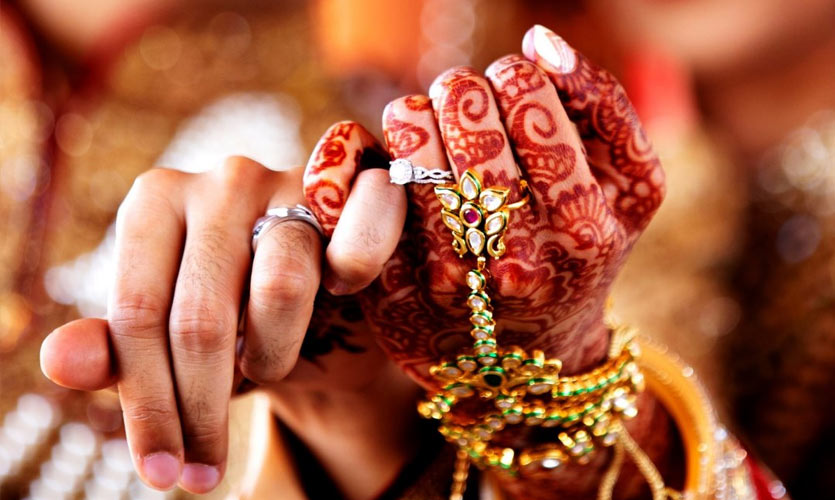Religion is a key factor in deciding the locality where an Indian would grow up, who they would be friends with and eventually marry. Findings from a recently released report by the Pew Research Centre has revealed that nearly all married people in India (99 per cent) have spouses who share their religion. Effectively, less than one per cent of all Indian marriages are with spouses who were raised in a different religion (but may have since converted).
Around 30k Indian adults were surveyed by Pew Research Centre between November 2019 and March 2020 to come up with a comprehensive report about religion in India. To ensure people could participate with ease, the questionnaire was developed in English and translated into 16 languages. According to Pew, the survey is calculated to have covered 98 per cent of Indians aged 18 and above with a 86 per cent national response rate.
Couples marrying outside their communities find it very difficult to find acceptability in India. Some have also, reportedly, experienced severe consequences at the hands of their families and communities. The recent headlines about supposed ‘Love Jihad’ cases can be seen as a consequence and reflection of the current religious climate and intolerance in the country.
When asked about how important it was to stop men and women from their community from marrying into another religion, an overwhelming share of Indians said it is at least ‘somewhat’ important. Most said it is ‘very’ important to stop such marriages. While about 65 per cent of respondents said it is very important to stop men from marrying into another religion, the number of people expressing it to be a high priority in the case of women stood at 67 per cent.
Read more: Why are Indians crowdfunding their higher education?
A person’s choice of being religious in their own lives seems to have a great impact on what they feel about inter-religious marriages. Around 70 per cent of adults who said religion was very important in their lives also expressed that stopping inter-religious marriages of men should be given high priority. Only 39 per cent of those who said religion is less important to them agree.
Further, the report dwelled on the levels of education and the rural-urban divide. The report finds that Indians with lower levels of education are much more likely to prioritise stopping inter-religious marriages, compared to college-educated Indians. As one would expect given the varied lifestyles in rural and urban settings, rural Indians are more likely than urban dwellers to say it is very important to stop both men and women from marrying outside of their religion.










